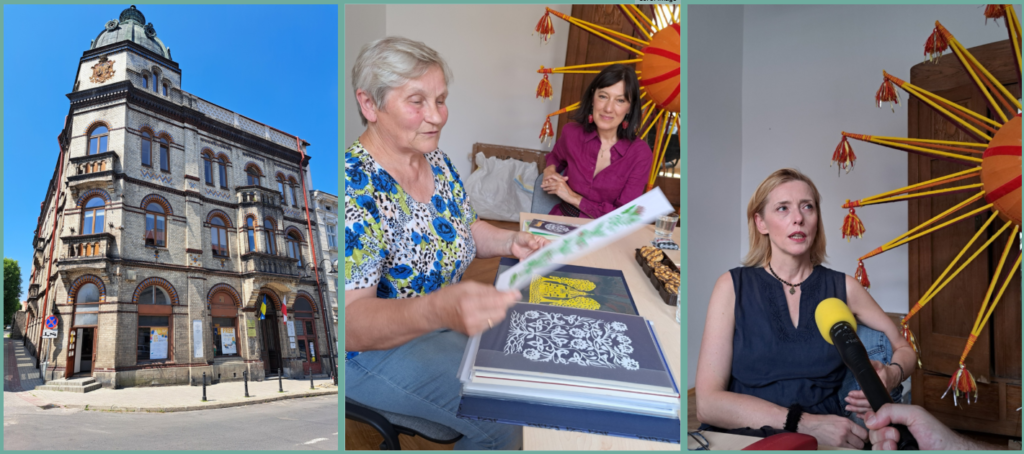We use cookies to help you navigate efficiently and perform certain functions. You will find detailed information about all cookies under each consent category below.
The cookies that are categorized as "Necessary" are stored on your browser as they are essential for enabling the basic functionalities of the site. ...
Necessary cookies are required to enable the basic features of this site, such as providing secure log-in or adjusting your consent preferences. These cookies do not store any personally identifiable data.
Functional cookies help perform certain functionalities like sharing the content of the website on social media platforms, collecting feedback, and other third-party features.
Analytical cookies are used to understand how visitors interact with the website. These cookies help provide information on metrics such as the number of visitors, bounce rate, traffic source, etc.
Performance cookies are used to understand and analyze the key performance indexes of the website which helps in delivering a better user experience for the visitors.
Advertisement cookies are used to provide visitors with customized advertisements based on the pages you visited previously and to analyze the effectiveness of the ad campaigns.
In this first of three podcasts in a special series on Ukranian cultural heritage in Poland, we take a look at the Nadsanie region and find out about Ukranian heritage in Przemyśl, a town in south-eastern Poland bordering Ukraine.
We are in Przemyśl which plays host to the Narodniy Dim – the National House – which is run by the Association of Ukrainians in Poland. A number of families which were deported from this area in 1947 as part of Operation Vistula have since returned and are cultivating their regional traditions, language and music.
We take a look at some of these stories as part of a project which aims to draw attention to Ukrainian cultural heritage and its rekindling after years of neglect. Our guide through the meanders of this topic and the co-host of the conversations is Dr Olga Kich-Masłej from the Department of Polish-Ukrainian Studies at the Jagiellonian University’s Faculty of International and Political Studies.

In the episode, the Hub’s John Beauchamp and Katarzyna Jagodzińska are in Przemyśl to meet a number of Ukrainian activists,including:
– Igor Horków – director of the Narodniy Dim in Przemyśl who underlines that the house open “for everyone”
– Maria Tucka – a local educator who promotes regional costumes and the ‘Pearls of the Borderland’ ethnographic collection
– Maria Mryczko – a local artist who works with papercutting as part of the Narodniy Dim’s activities
– Tatiana Czarna-Nakonieczna – a local activist who runs the ‘Krajka’ and ‘Krajeczka’ folk music groups
In the podcast we also hear from Tatiana Harasym and Aleksandra Steć from Krajka. Daria Pulkovska joins them for the vocal pieces presented in the podcast. Maksym Nakonieczny (Tatiana’s son) also makes an appearance as the frontman of the Hraybery folk ensemble, which also accompanies Krajeczka.
This podcast was produced as part of the “Intangible Cultural Heritage of Ukrainians in Poland: Mapping and Dissemination” project realised by the Faculty of International and Political Studies at the Jagiellonian University with the Europa Nostra Heritage Hub in Kraków. The project is led by Dr Olga Kich-Masłej from the Department of Polish-Ukrainian Studies. The podcast was funded by the Faculty of International and Political Studies under the Strategic Program Excellence Initiative at the Jagiellonian University.